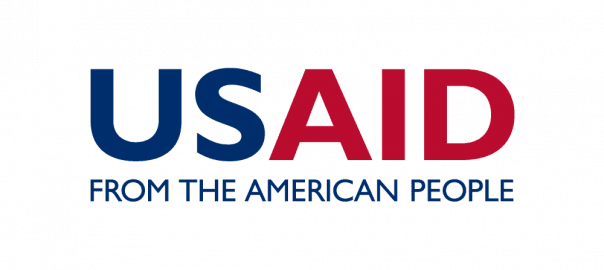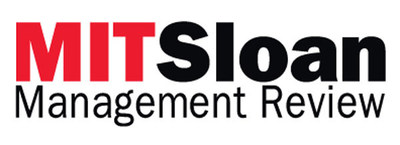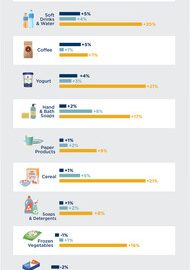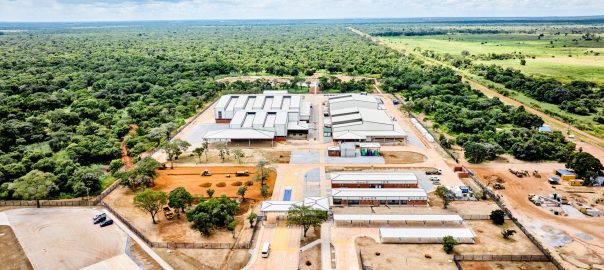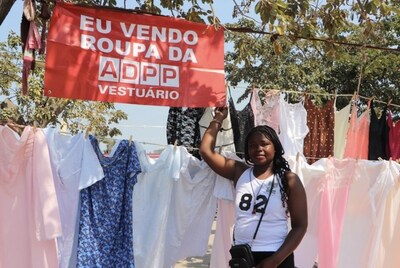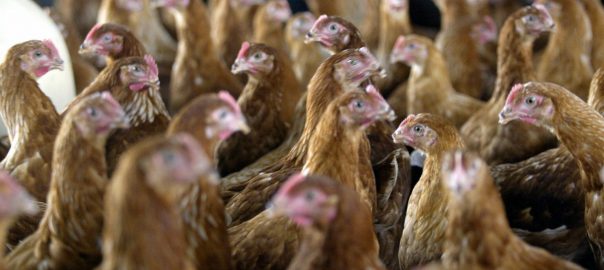May 14, 2025 /Mpelembe Media/ — According to a press release from Checkout.com, the company has launched its first Digital Economy Trust Index, ranking 16 countries based on consumer trust in online systems. The index highlights a strong link between trust in the digital economy and national GDP growth, suggesting that countries with higher digital trust tend to experience greater economic expansion. Continue reading
Category Archives: Economy
Implementing Partners of USAID Projects in Zambia
May 11, 2025 /Mpelembe Media/ — The United States Agency for International Development (USAID) plays a significant role in Zambia’s development through a wide array of projects aimed at reducing poverty and fostering sustainable, democratic societies.1 USAID’s operational model in Zambia is heavily reliant on establishing partnerships with various organizations that possess specialized expertise and local knowledge. Continue reading
Recession Product Launch Advantages
May 9, 2025 /Mpelembe Media/ — According to research featured in MIT Sloan Management Review, launching new products during an economic downturn can be a strategic advantage. The study found that products introduced during recessions often achieve better sales, market share, and longevity than those launched during prosperous times. Continue reading
Equifax 2024 Global Consumer Credit Trends
April 14, 2025 /Mpelembe Media/ — Equifax’s 2024 Global Consumer Credit Trends Report offers a broad analysis of consumer credit conditions across ten countries, leveraging the Equifax Cloud™ for enhanced data insights. The report highlights trends in consumer credit demand, debt, delinquencies, and credit card usage, alongside inflation trends. Continue reading
PRICE HIKES VARY ACROSS 10 POPULAR CATEGORIES AS GROCERY INFLATION EASES IN Q1 2025
Grocery price inflation in the U.S. continued to cool in the first quarter of 2025, with a few tariff-related exceptions, according to data from Catalina’s robust, real-time Shopper Intelligence Platform. Catalina’s Shopping Basket Index (SBI), which tracks the aggregate average price changes of 10 common grocery product categories, reveals an overall inflation rate of 2% in Q1 2025 compared to the same period in 2024. Continue reading
Bayer Opens Zambia Maize Seed Facility for Food Security
March 21, 2025 /Mpelembe Network/ — Bayer inaugurated a new maize seed production facility in Zambia with a €32 million investment, aiming to significantly boost the supply of high-yielding seeds to Sub-Saharan African smallholder farmers. Continue reading
Mozambique: Second-Hand Clothing Industry and Economic Impact
March 19, 2025 /Mpelembe Media/ — A recent report highlights the critical economic and social role of the second-hand clothing (SHC) industry in Mozambique, a low-income nation. The study reveals the sector provides substantial employment, supports millions of livelihoods, generates significant tax revenue, and meets the basic clothing needs of the majority of the population. Continue reading
High soybean prices in Zambia and Malawi may make chicken costly too: lack of competition is to blame
Arthur Khomotso Mahuma, University of Johannesburg and Namhla Landani, University of Johannesburg
Poultry is one of the cheapest protein sources for the growing population of the east and southern Africa region. That makes soybeans critical to food security in the region, as they are an important input in chicken feed.
Zambia: Economic Dissatisfaction and Country Direction, 2025
March 18, 2025 /Mpelembe Network/ — A survey conducted in Zambia in July 2024 reveals widespread dissatisfaction among citizens regarding the nation’s economic condition and overall direction. Despite earlier economic growth, a majority of Zambians perceive the economy as “fairly bad” or “very bad,” a significant increase from previous surveys. Continue reading
Maimbo’s AfDB Candidacy Announcement
Jan. 31, 2025 /Mpelembe media/ — Samuel Maimbo, endorsed by SADC and COMESA, has launched his candidacy for President of the African Development Bank (AfDB). His platform prioritises rapid economic growth for Africa, focusing on key areas such as trade, financial resources, agricultural transformation, and infrastructure development. Continue reading


